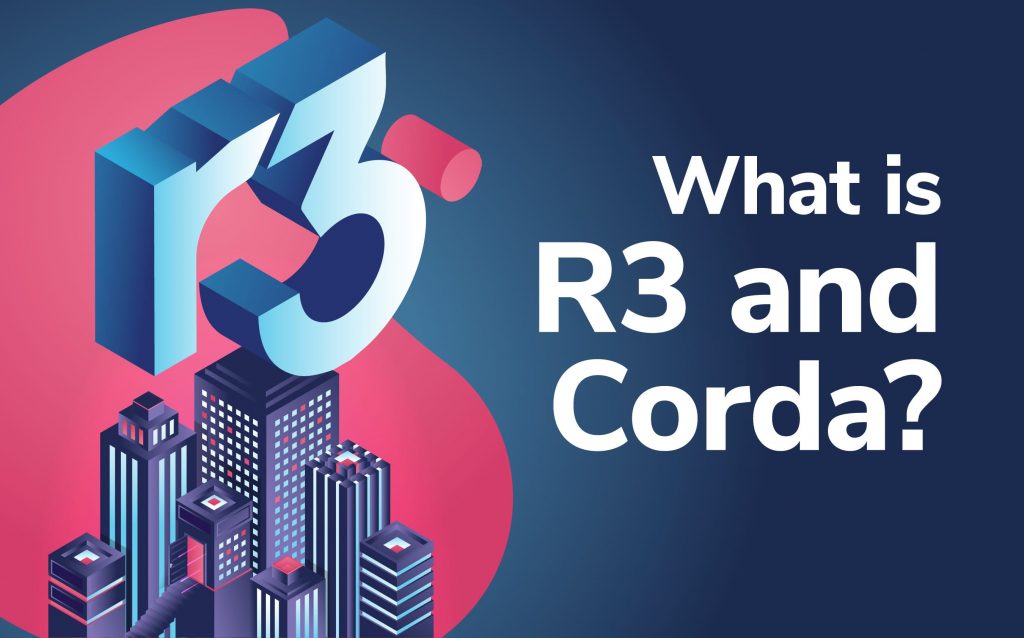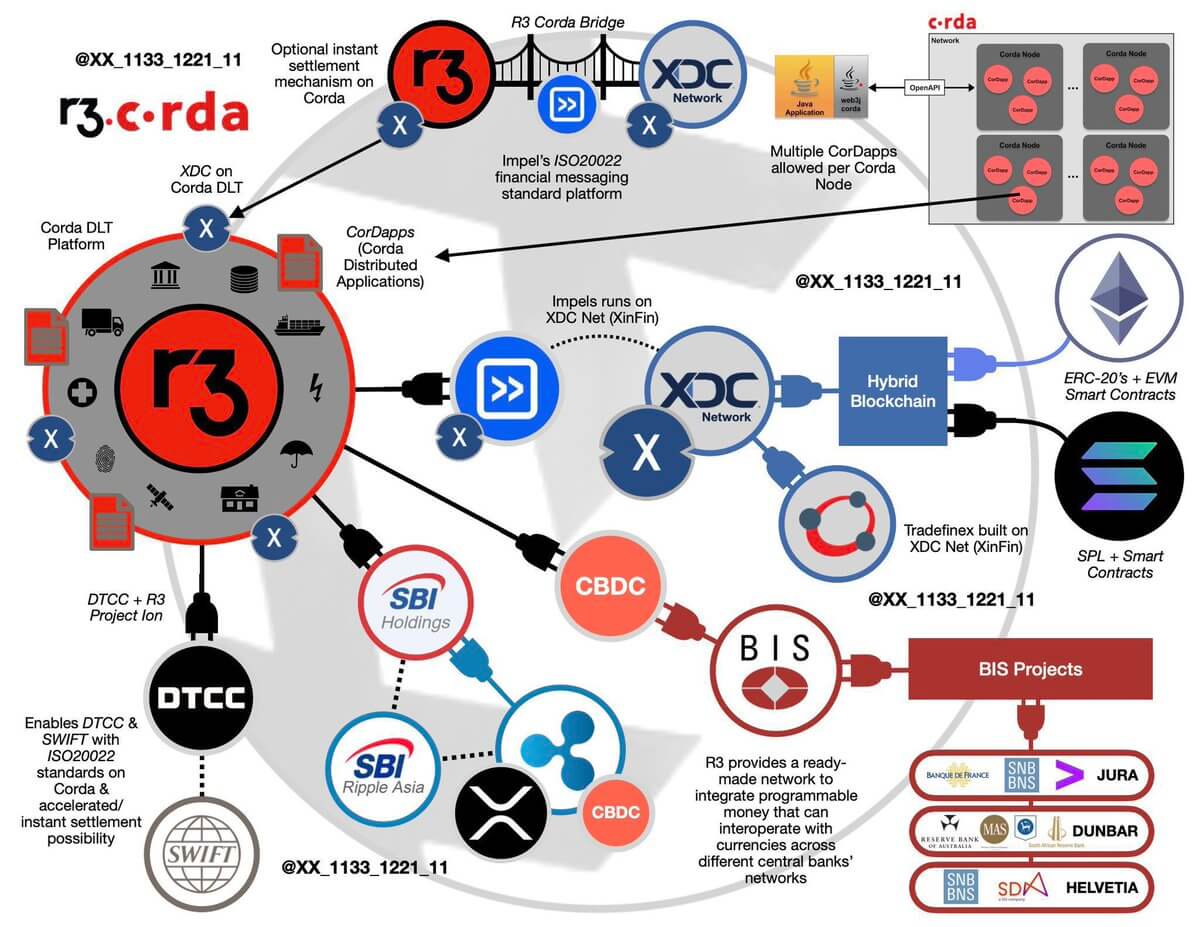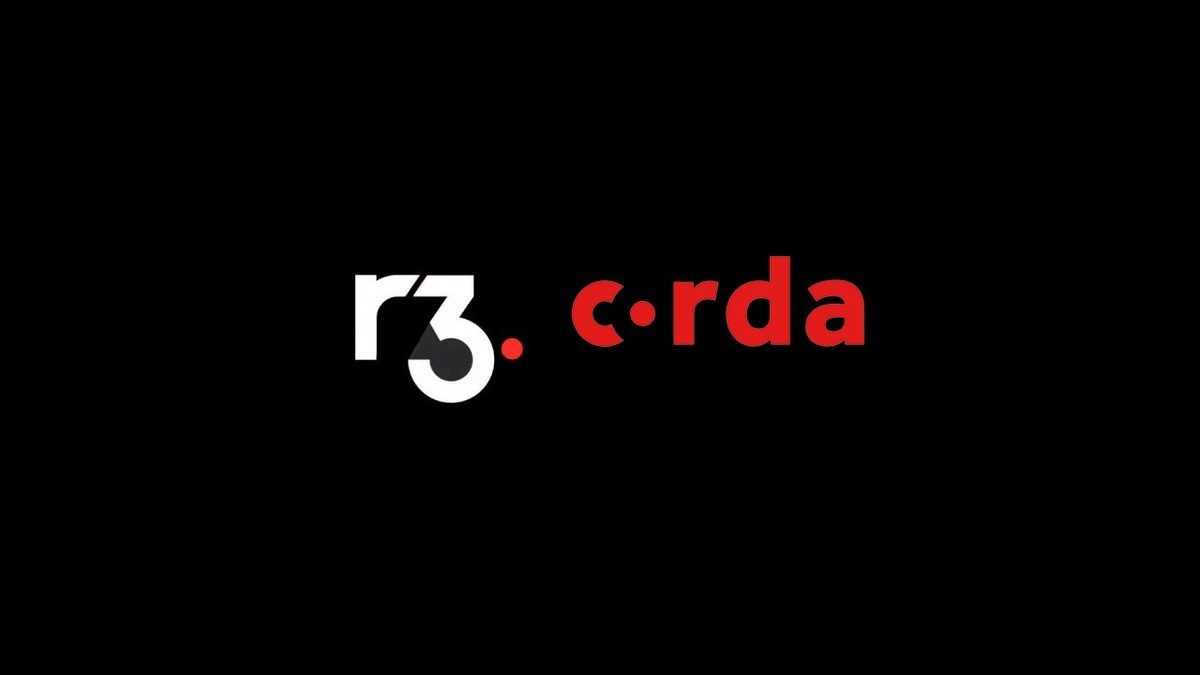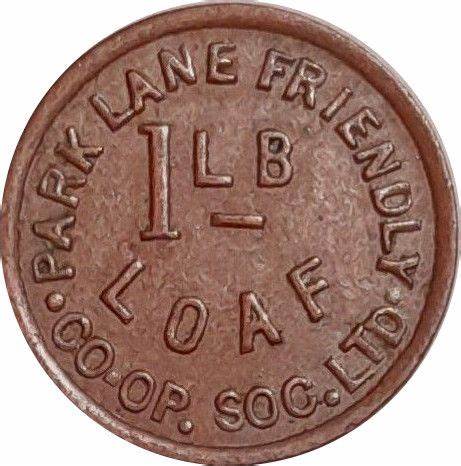Understanding R3 and Corda Technology

In the rapidly evolving landscape of decentralized systems, novel solutions are emerging to address various challenges faced by industries worldwide. The focus is shifting towards frameworks that enhance collaboration, efficiency, and security among participants. This shift heralds a new wave of possibilities for transforming traditional processes into streamlined, automated workflows.
One distinguished player in this domain is a consortium dedicated to reshaping the way entities interact through peer-to-peer solutions. By leveraging a unique protocol, it offers a platform that enables secure transactions while preserving privacy. As organizations increasingly seek to optimize their operations, this approach provides a compelling alternative to conventional methodologies.
Through innovative features and architectures, this system empowers users to build applications that cater to their specific needs, thereby driving greater transparency and trust among stakeholders. As we examine this intricate ecosystem, we uncover the principles and functionalities that set it apart, paving the way for a future where collaboration is seamless and reliable.
Overview of R3 and Corda
The landscape of distributed ledger solutions has evolved significantly, introducing various platforms that cater to specific industry needs. One of the noteworthy players in this sphere is R3, a consortium that focuses on innovating financial systems through collaborative efforts. Together with its flagship platform, this initiative aims to streamline complex processes and enhance transparency among participants.
R3 serves as a collaborative network comprised of major financial institutions, tech companies, and legal entities. This organization is dedicated to facilitating a unified approach to developing advanced systems that operate seamlessly across different sectors. Through workshops, development programs, and research, stakeholders collectively explore the potential of shared digital ledgers.

At the heart of R3’s mission lies its platform, which is uniquely designed to support businesses in managing transactions, safeguarding data, and maintaining privacy. By emphasizing privacy and efficiency, it provides organizations with the tools necessary to build tailored applications while ensuring compliance with regulatory standards.
The architecture of this platform is built to optimize performance, allowing users to maintain control over their information. This adaptability makes it suitable for various use cases, from trade finance to supply chain management. In an environment where trust and reliability are paramount, R3’s contributions stand out, promoting innovative approaches to long-standing challenges faced by industries worldwide.
The Role of R3 in Finance
R3 plays a pivotal role in reshaping the financial landscape by providing innovative solutions tailored for the industry. Through collaboration with various financial institutions, it aims to enhance efficiency, transparency, and security in transactions, leading to a more streamlined and reliable environment for businesses and consumers alike.
By leveraging decentralized ledger technologies, R3 enables participants to manage contracts and agreements more effectively. This approach minimizes the need for intermediaries, reduces operational costs, and accelerates processing times. Financial institutions can thus achieve improved operational efficiency while maintaining robust compliance with regulatory requirements.
Moreover, R3 fosters collaboration among market players by creating a shared platform that facilitates data sharing and real-time insights. This interconnectedness allows for better risk management and informed decision-making, ultimately enhancing the stability and resilience of the financial ecosystem.
The organization’s commitment to continuous improvement and innovation drives the development of use cases that cater to various sectors, including trade finance, payments, and post-trade processes. As a result, R3 not only addresses current challenges but also paves the way for future advancements within the industry.
Key Features of Corda Platform
The platform is designed with specific functionalities that enhance its effectiveness in addressing complex business requirements. Its architecture facilitates seamless interaction among participants while ensuring data privacy and security.
- Privacy by Design: Transactions are shared only with parties involved, minimizing data exposure and ensuring confidentiality.
- Smart Contracts: Automates processes through self-executing agreements, reducing the need for intermediaries.
- Interoperability: Supports connections with other systems, allowing integration across diverse networks and enabling efficient transactions.
- Highly Scalable: Built to accommodate growing transaction volumes without sacrificing performance or efficiency.
- Real-Time Transactions: Provides instant validation and settlement, ensuring prompt execution of agreements.
- Multi-Ledger Support: Consists of a flexible architecture that enables the use of different ledgers simultaneously, catering to varied requirements.
- Permissioned Network: Offers controlled access, ensuring that only authorized entities can participate in the ecosystem.
These characteristics contribute to its ability to provide tailored solutions in various sectors, fostering innovation and trust among participants.
Architecture: Comparing Corda with Traditional Blockchains
This section delves into the architectural differences between two distinct approaches to distributed ledger solutions. The primary focus is on the structure, functionality, and underlying principles that define a privacy-centric model versus an open, decentralized framework. Each design caters to varying needs, influencing how transactions are processed, recorded, and validated in diverse environments.
Traditional distributed ledgers rely on a consensus mechanism that often involves a broad network of participants, which can lead to scalability challenges. In contrast, the unique architecture of Corda is tailored to facilitate transactions between known parties, offering enhanced privacy and efficiency. This approach minimizes unnecessary data sharing, allowing for streamlined interactions without compromising on security.
Key components of conventional ledgers typically include nodes that maintain identical copies of the entire dataset, ensuring transparency for all users. On the other hand, Corda’s architecture emphasizes selective visibility, with only relevant information shared among parties involved in a transaction. This selective data sharing helps avoid congestion and increases transaction throughput, making it particularly advantageous for enterprises.
Moreover, the role of smart contracts also varies significantly. While traditional setups often employ scripts that execute automatically once conditions are met, Corda’s contracts are designed to ensure that only participants with a vested interest in the deal have access to the execution logic. This fosters a more private and customized experience for organizations, distinguishing it from broader implementations.
Ultimately, the architectural differences reflect the specific requirements of users. By understanding these distinctions, organizations can better choose the appropriate framework for their operational needs and compliance requirements.

Use Cases of Corda in Industries
The innovative platform has found applications across various sectors, driving efficiency and enhancing collaboration. By providing a unique framework for secure and private transactions, it enables organizations to streamline processes and reduce risks associated with data sharing.
Financial Services: In the finance sector, the platform facilitates smart contracts that automate complex transactions, ensuring transparency while safeguarding sensitive information. This leads to faster settlements and decreased operational costs.
Supply Chain Management: Companies can leverage this solution to create an immutable ledger that tracks product journeys. Stakeholders gain real-time visibility into the supply chain, allowing for improved inventory management and reduced fraud, ultimately boosting trust.
Healthcare: In healthcare, the platform supports secure sharing of patient data among providers. This enhances coordination in treatment, while ensuring compliance with regulations and improving data privacy for patients.
Energy Sector: Energy firms utilize the framework to optimize trading processes and manage decentralized energy distribution. The ability to execute peer-to-peer transactions increases market efficiency and promotes sustainable practices.
Real Estate: The real estate industry benefits from a more streamlined property transaction process. By automating agreements and maintaining a clear chain of ownership, it reduces time spent on paperwork while enhancing security against fraud.
These diverse implementations showcase how this adaptable platform addresses the unique challenges of multiple industries, fostering innovation and collaboration for future growth.
Future Trends in R3 Developments
The evolution of R3 in the distributed ledger landscape indicates several promising directions for growth and innovation. As market demands shift, the organization is poised to leverage advancements in its technical framework, fostering enhanced interoperability and user experience. The focus on collaboration among financial institutions and enterprises will drive the implementation of novel solutions that align with the complexities of contemporary business operations.
Increased Interoperability
A significant trend is the increasing desire for systems to communicate seamlessly with each other. R3 is expected to introduce features that facilitate interaction among diverse platforms, enabling users to conduct operations across multiple environments effortlessly. This development is likely to empower organizations to harness the strengths of various protocols while maintaining robust security and efficiency.
Focus on Privacy and Security Enhancements
As concerns grow regarding data protection and privacy, R3 is anticipated to prioritize the enhancement of security measures within its products. Incorporating advanced cryptographic techniques will play a crucial role in safeguarding sensitive information, ensuring that participants can engage in transactions with confidence. This focus on fortified security is essential for building trust within the ecosystem and driving broader adoption in industries that handle confidential data.

Q&A: What is R3 and corda
What is R3 and how does it relate to Corda?
R3 is a consortium of financial institutions that was formed to develop blockchain technology solutions specifically for the financial services industry. Corda is a distributed ledger technology (DLT) platform developed by R3 that allows for secure and private transactions between parties. Unlike traditional blockchains that use a public ledger, Corda’s architecture is designed to support private transactions while ensuring compliance and security. This makes Corda particularly appealing to institutions in finance, healthcare, and supply chain, where data privacy is paramount.
What are the key features of Corda that differentiate it from other blockchain platforms?
Corda has several key features that set it apart from other blockchain technologies. Firstly, it utilizes a unique consensus mechanism that allows for point-to-point communication, ensuring that transactions are only visible to involved parties. This enhances privacy and reduces the amount of data shared over the network. Secondly, Corda supports smart contracts written in a programming language called Kotlin, providing developers with flexibility in designing complex financial agreements while maintaining security. Additionally, Corda’s architecture is modular, allowing organizations to integrate it with existing systems seamlessly. These features make Corda particularly suited for industries that require confidentiality and transactional integrity.
How does Corda handle privacy concerns in blockchain transactions?
Corda addresses privacy concerns by using a unique model where transactions are only shared between the parties directly involved, rather than broadcasting them to all nodes in the network. This is achieved through its notary service, which authenticates transactions without revealing sensitive details to other participants. Instead of creating a public ledger that exposes all transaction data, Corda keeps transaction outcomes confidential, which is crucial for industries such as finance where sensitive data must be protected. Moreover, Corda allows users to enforce permissions on who can see what data, ensuring that privacy is maintained throughout the transaction process.
What types of industries can benefit from using Corda?
Corda is particularly beneficial for industries that require high levels of security, privacy, and regulatory compliance. Financial services institutions, including banks and insurance companies, can utilize Corda to streamline processes such as trade settlements and contract management while ensuring that sensitive information remains confidential. Other sectors, such as healthcare, can leverage Corda for secure patient data management and the sharing of clinical trial results without compromising privacy. Supply chain management is another area, as Corda can facilitate transparent and efficient tracking of goods while maintaining confidentiality between parties involved in the transaction. Overall, any industry that demands secure data exchanges can find value in implementing Corda.
What is the future of R3 and Corda in the blockchain ecosystem?
The future of R3 and Corda in the blockchain ecosystem appears promising as they continue to adapt and respond to the evolving needs of the industries they serve. With an increasing focus on privacy and compliance in financial services, Corda’s architecture and features place it in a favorable position to become a standard for private transactions. Additionally, R3 is continuously expanding its consortium, which brings together a diverse range of participants eager to explore blockchain innovations. As the demand for digital transformation grows, especially in regulated sectors, Corda’s capacity to integrate with existing systems and build on current regulations will likely drive its adoption. Furthermore, ongoing collaborations and enhancements within the Corda platform will contribute to its relevance in a competitive blockchain landscape, positioning R3 as a leader in DLT solutions.
What is r3 corda, and how does it differ from other blockchain networks?
r3 corda is a permissioned distributed ledger technology designed for regulated markets and industries like finance, enabling an open and secure environment for multi-party applications. Unlike many blockchain networks, corda ensures private and confidential transactions, making it ideal for enterprises requiring strict control over data.
How does hyperledger fabric compare to r3 corda for building enterprise blockchain solutions?
Hyperledger fabric and r3 corda are both leading enterprise blockchain platforms. Hyperledger fabric focuses on modular architectures for a variety of industries, while r3 corda is specifically built for the world’s leading financial sector and regulated markets, offering advantages like private data control and high scalability.
What is the corda network, and what industries benefit from its deployment?
The corda network is a permissioned peer-to-peer network designed to support secure multi-party applications. It is widely adopted in industries like global trade, capital markets, and the financial sector, enabling efficient handling of financial transactions and digital assets.
How does corda support the tokenization of assets and currencies in the digital economy?
Corda provides a framework for powering the tokenization of assets and currencies by ensuring private and confidential transactions while operating at scale. This makes it a robust solution for industries aiming to leverage digital assets and digital currency in the digital economy.
What are the advantages of using cordapps in enterprise blockchain deployments?
Cordapps, which are applications built on corda, allow businesses to build multi-party applications that handle high transaction volumes with configurable data storage. This makes them ideal for industries like finance and global trade that require efficient and scalable blockchain solutions.


